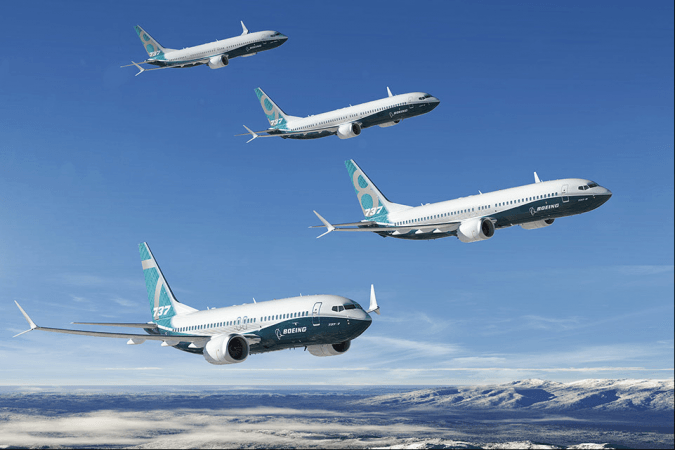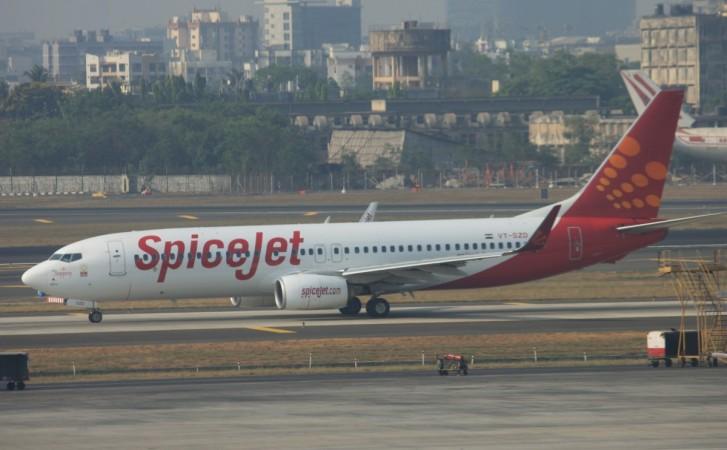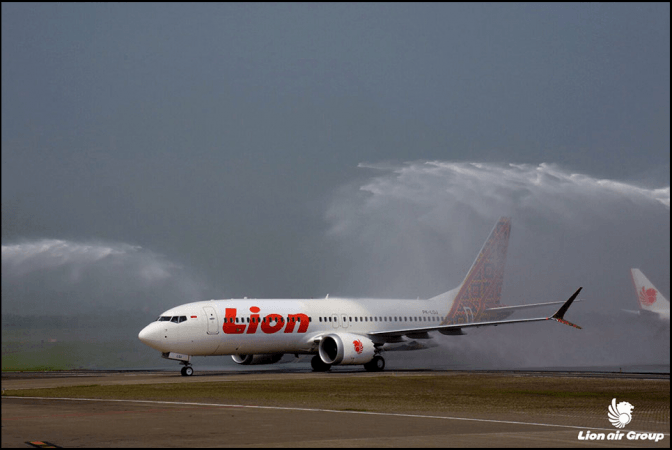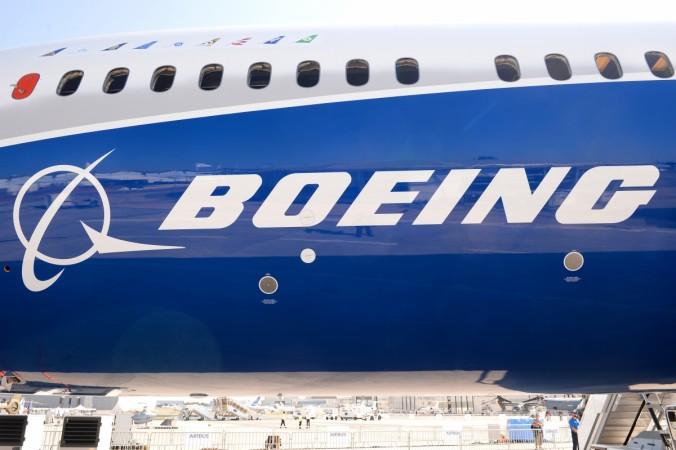
Boeing's biggest ever loss came to light on Wednesday, July 25, as the 737 MAX crisis continued to persist. The company reported that it could be forced to temporarily halt the production of the aircraft if the grounding drags longer.
The 737 MAX was taken out of service worldwide in March following two deadly crashes that claimed 346 lives. The aviation company spent nearly $5 billion to compensate customers. But the warning regarding the suspension of the flight's output rocked Wall Street, accelerating losses.
"We have a clear understanding of the work that has to be done but there is still uncertainty in the timeline. Getting The 737 MAX to fly again is a complex multi-regulator process that will take time to be done," said Boeing chief executive Dennis Muilenburg.

Boeing reported a huge loss of $2.9 billion for the second quarter, an unexpected drop from last year's profit of $2.2 billion.
However, the loss didn't come as a surprise since the airline giant made an announcement last week stating that they set aside $4.9 billion, including taxes, to compensate for the cancelled flights and delay in landing.
This dropped the revenues of the present quarter by 35.1 percent to $15.8 billion, reflecting the loss due to the downfall and halt of the company's highest-selling aircraft - 737 MAX.

Boeing has still not presented its annual profit prediction for 2019 after pulling out its proposed targets in April due to uncertainty over 737 MAX. Shockingly, the giant boosted its dividend payments in the second quarter, spending $1.2 billion which is 20 percent more than the previous year.
Muilenburg said, "Temporarily halting production is not something we want to do but it is an alternative we have to prepare for as a smart part of our thorough and disciplined process here to make sure we are covering all scenarios."
After being taken out of service, the 737 MAX's output was cut from 52 to 42 a month in April.
Treasury Secretary Steven Mnuchin on Wednesday said that the 737 MAX is the first priority for the White House. "We want to absolutely make sure that before the 737 MAX flies that it is safe," Mnuchin told CNBC. "We need to figure out how they continue to compete against Airbus because they are a leading US company," he added.

Problems only mounted after the airlines repeatedly pushed the target date to get the jets back in the sky and dragged the regulatory timeframe.
In June, the Federal Aviation Administration (FAA) had recognised some issues with a microprocessor which extended the timeline. However, the new software is being developed by Boeing to fix the problem that "MCAS" flight handling systems faced during both the crashes.
Muilenburg assured that the jet company is in regular contact with the FAA and expects to submit the software fix to regulators in September. He also spoke about the company being in "the middle of working our way" through the issue. "We know we're making progress," he said. "But until we complete all of the certification activities, there's always some risk of new items opening up."
Since March's Ethiopian Airline crash, Boeing shares have dropped about 14 percent while the broader S&P 500 gained about 10 percent. Boeing shares are now 3.1 percent lower at $361.43.








